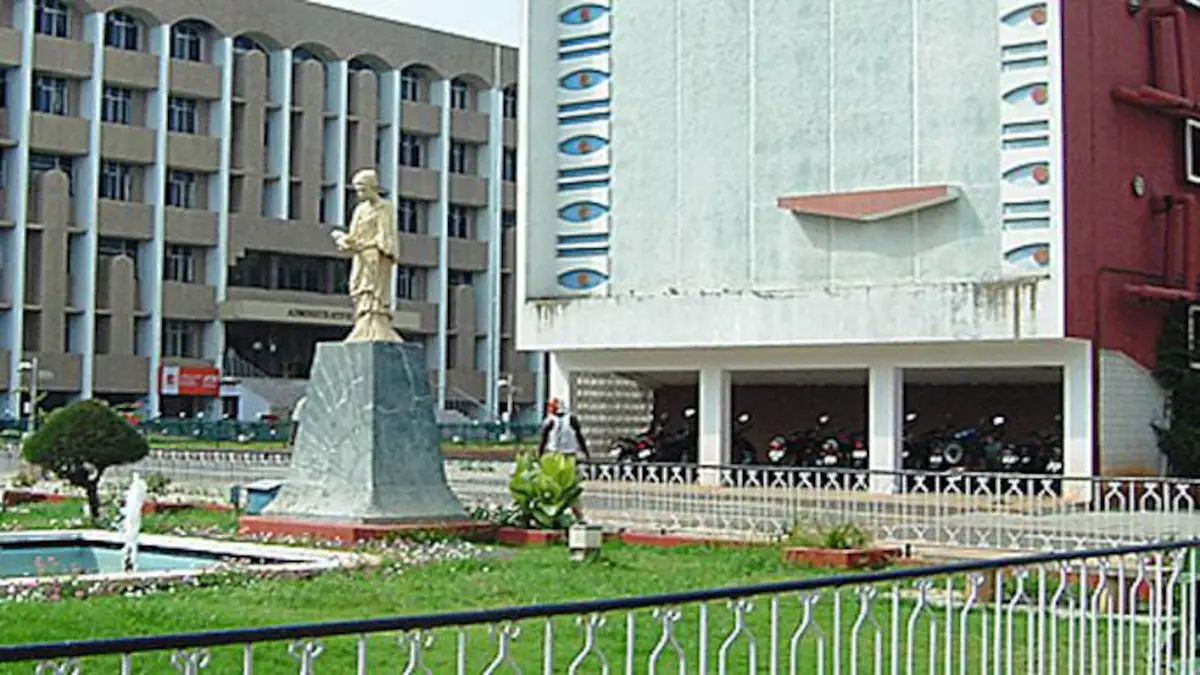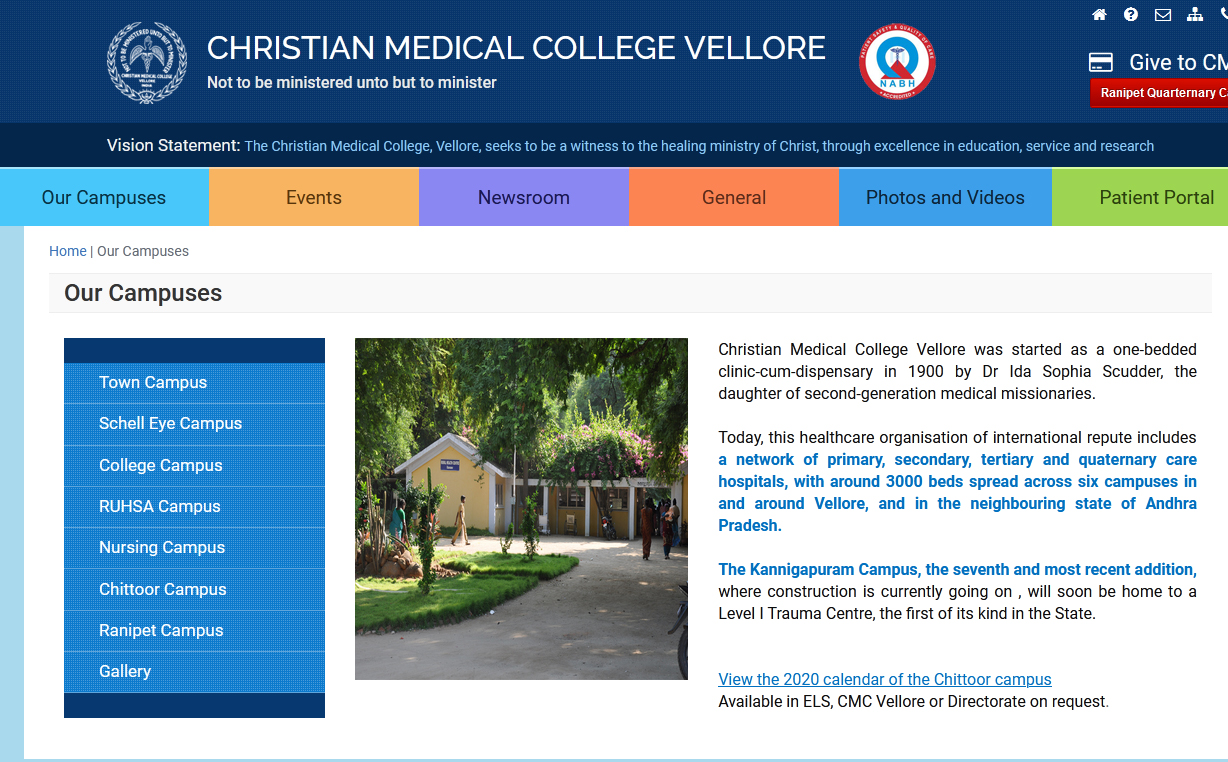Sree Chitra Thirunal Institute for Medical Science and Technology, Thiruvananthapura

Originally established by the Government of Kerala as an advanced centre for medical specialties, Sree Chitra Tirunal Institute for Medical Sciences and Technology (SCTIMST) metamorphosed into an Institution of National Importance with the status of a University in 1980 under the Department of Science and Technology, Govt. of India by an Act of Parliament (Act 52 of 1980). The joint culture of medicine and technology that the Institute pioneered more than three decades ago has come of age and gained unprecedented acceptance in India.







